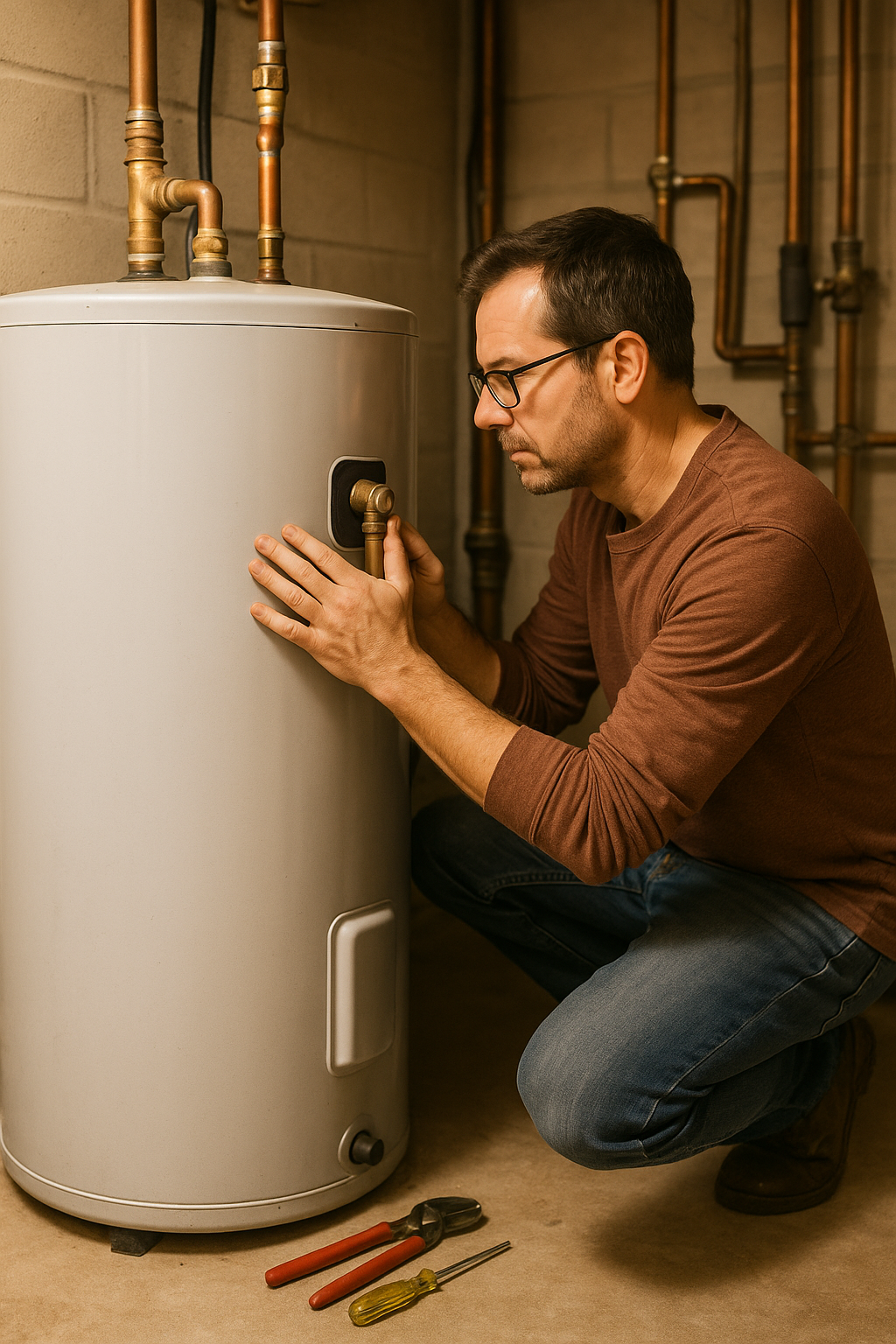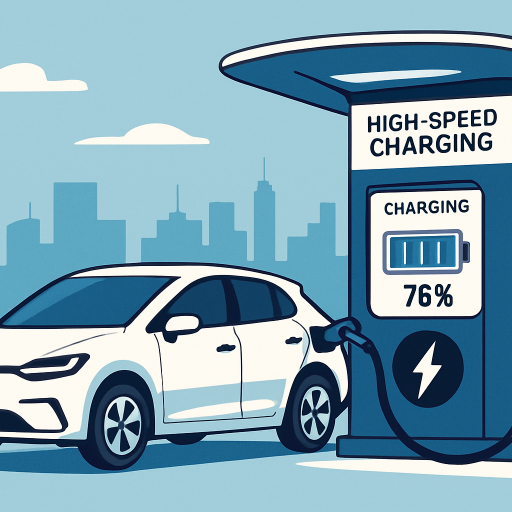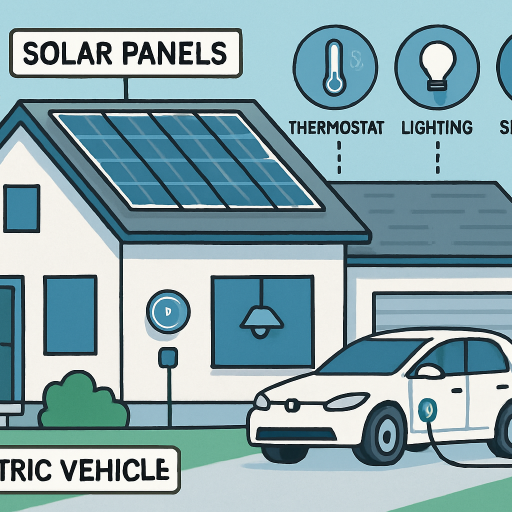Table of Contents
- 1 Why Proactive Water Heater Care Matters
- 2 Common Symptoms Your Water Heater Is in Trouble
- 3
- 4 How Long Should a Water Heater Last?
- 5 Should You Repair or Replace?
- 6 DIY Checks vs. Professional Help
- 7 Top Tips for Water Heater Maintenance
- 8 The Role of Efficiency in Water Heater Health
- 9 Final Considerations
- 10 Summary
Why Proactive Water Heater Care Matters
Hot water is crucial for daily comfort, sanitation, and convenience. Yet, when it comes to water heaters, many homeowners overlook early maintenance until they’re confronted with cold showers or costly emergencies. Spotting signs of trouble early can be the difference between a simple fix and an expensive disaster.
Regular system checks and timely upgrades are critical for both performance and safety. If you’re considering future-proofing your home’s hot water supply, options like Ruston tankless water heater installation offer lasting efficiency and can help minimize the likelihood of sudden breakdowns. Regular maintenance prevents small issues from becoming major problems, saving you money in the long run. Additionally, upgrading to energy-efficient models can significantly reduce your utility bills. It’s important to consult with professionals to determine the best system for your home’s specific needs. Investing in quality equipment and routine upkeep ensures a reliable hot water supply and peace of mind.
Common Symptoms Your Water Heater Is in Trouble
Noticing subtle or obvious signs of a water heater malfunction can save you from unexpected cold water and damage to your home. Be on the lookout for the following symptoms:
- Banging or rumbling noises coming from the tank.
- Rusty or discolored water from the hot tap.
- Water is pooling around the base of the water heater.
- Fluctuating or inconsistent water temperatures.
- Unusual spikes in your utility bills without increased hot water use.
If you experience any of these indicators, it pays to act quickly—the sooner issues are addressed, the less likely you’ll face a major malfunction.
How Long Should a Water Heater Last?
Traditional tank-based water heaters typically offer reliable service for 8 to 12 years, according to a Bob Vila guide. Factors like water quality, proper installation, and frequency of maintenance have a significant impact on lifespan. Tankless water heaters, due to their efficient, on-demand design, can last up to 20 years or more, making them a solid investment for longevity and lower maintenance.
Should You Repair or Replace?
Homeowners often struggle with the decision to repair or completely replace their aging water heater. Consider the following questions before making a decision:
- Is the unit over a decade old?
- Are annual repairs nearing or exceeding 50% of a new installation’s cost?
- Is there evidence of a tank leak? (A leaking tank usually signals it’s time for a replacement.)
Sometimes, replacing relatively inexpensive parts like the thermostat or heating element can bring years of additional use. However, chronic issues or physical tank damage are clear signs replacement is the best—and safest—option.
DIY Checks vs. Professional Help
Routine water heater maintenance can often be handled with a few DIY steps: annual tank flushing, checking and replacing the anode rod as it degrades, and visually inspecting valves and connections. However, when dealing with complex components like gas connections, electrical systems, or pressure relief valves, always enlist the expertise of a licensed professional to ensure your safety.
Top Tips for Water Heater Maintenance
- Regularly inspect the relief valve to avoid dangerous pressure build-up.
- Keep the thermostat set at a safe 120°F to reduce the risk of scalding and conserve energy.
- Flush sediment from the tank every six to twelve months to maintain efficiency.
- Examine all fittings and pipes for leaks or corrosion, and address issues promptly.
Consistent upkeep is far less stressful—and costly—than handling a sudden emergency replacement. For step-by-step maintenance guides and professional advice, reputable sites like This Old House offer valuable insight.
The Role of Efficiency in Water Heater Health
Contemporary water heaters are engineered for greater efficiency, providing hot water while reducing energy consumption. If you notice your unit struggles to maintain temperature or starts making unfamiliar noises, it may be overdue for maintenance or working harder than necessary. Consistent servicing keeps energy bills reasonable and extends your system’s life, and many regions offer financial incentives for upgrading to newer, energy-efficient models.
Final Considerations
Eventually, even the best-maintained water heater will reach the end of its useful life. Being aware of early warning signs gives you control—allowing you to plan a replacement or upgrade on your own terms instead of dealing with a mid-winter emergency. The U.S. Department of Energy offers comprehensive water heater care resources, helping you stay ahead of costly breakdowns and keep your household running smoothly.
Summary
Proactively monitoring and maintaining your water heater is one of the wisest moves for home comfort and peace of mind. Learn to spot symptoms early, commit to regular upkeep, and don’t hesitate to call in professionals when necessary. Using reliable advice and industry guidelines will reward you with safe, efficient hot water—no matter what the season brings.


